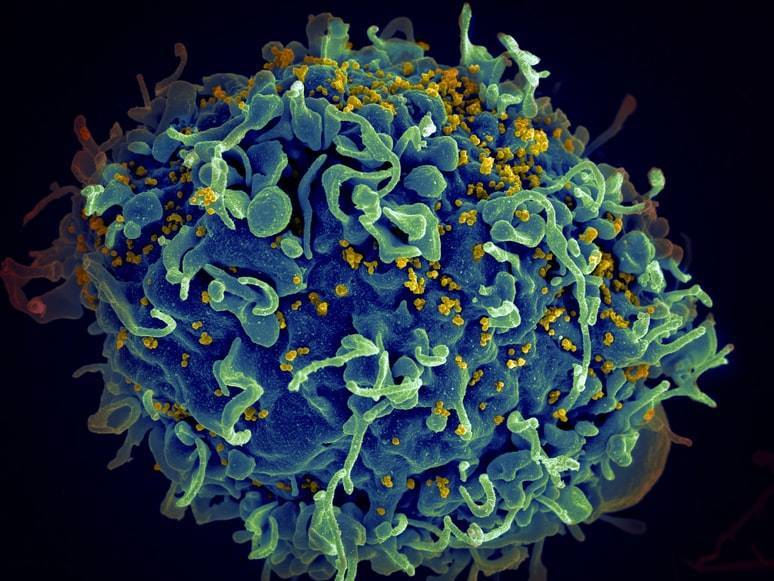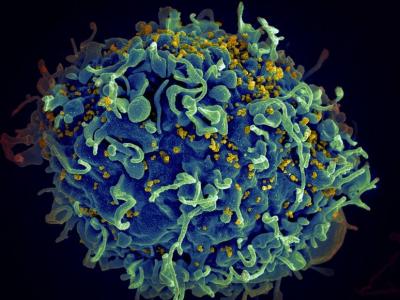Early results from a study on a cancer treatment drug have revealed that it may target the dormant Human Immunodeficiency Virus (HIV), the cause of Acquired Immunodeficiency Syndrome (AIDS). Researchers conducting a study on the use of "Keytruda," produced by Merck, for patients with the HIV virus, which causes AIDS and who are also suffering from cancer, indicated that the immunotherapy may also help eliminate the virus from human immune cells. The researchers highlighted this as an intriguing area for further examination of treatments for chronic HIV infection, according to Reuters.
Currently, antiretroviral treatments allow many individuals with HIV to lead normal lives; however, these medications do not result in the complete eradication of the virus, as residual viral reservoirs mean that patients have not truly cured the infection. "Keytruda," also known as "pembrolizumab," is a monoclonal antibody designed to assist the body's immune system in combating cancer by blocking a protein known as programmed death receptor that tumors use to evade immune cells.
These drugs work by unleashing inhibitors or molecular checkpoints that tumors use to avoid the body's immune system, allowing immune cells to recognize and attack cancer cells similarly to how they combat bacterial or viral infections. An international team of researchers has found evidence that these drugs may disrupt the latency of the HIV virus, meaning the virus's ability to "hide" within the cells of those living with it, relying on antiretroviral treatment.
The study, published on Wednesday in Science Translational Medicine, involved 32 individuals suffering from both cancer and HIV at the Fred Hutchinson Cancer Research Center in Seattle. Participants were also receiving effective antiretroviral medications to control their HIV. Professor Sharon Lewin, director of the Peter Doherty Institute for Infection and Immunity in Melbourne, Australia, stated in a release, "Pembrolizumab is capable of disrupting the reservoirs of HIV." Her team examined blood samples taken from study participants before and after treatment. Lewin noted that the work on these samples would continue to understand how the drug modifies the immune response to HIV.




